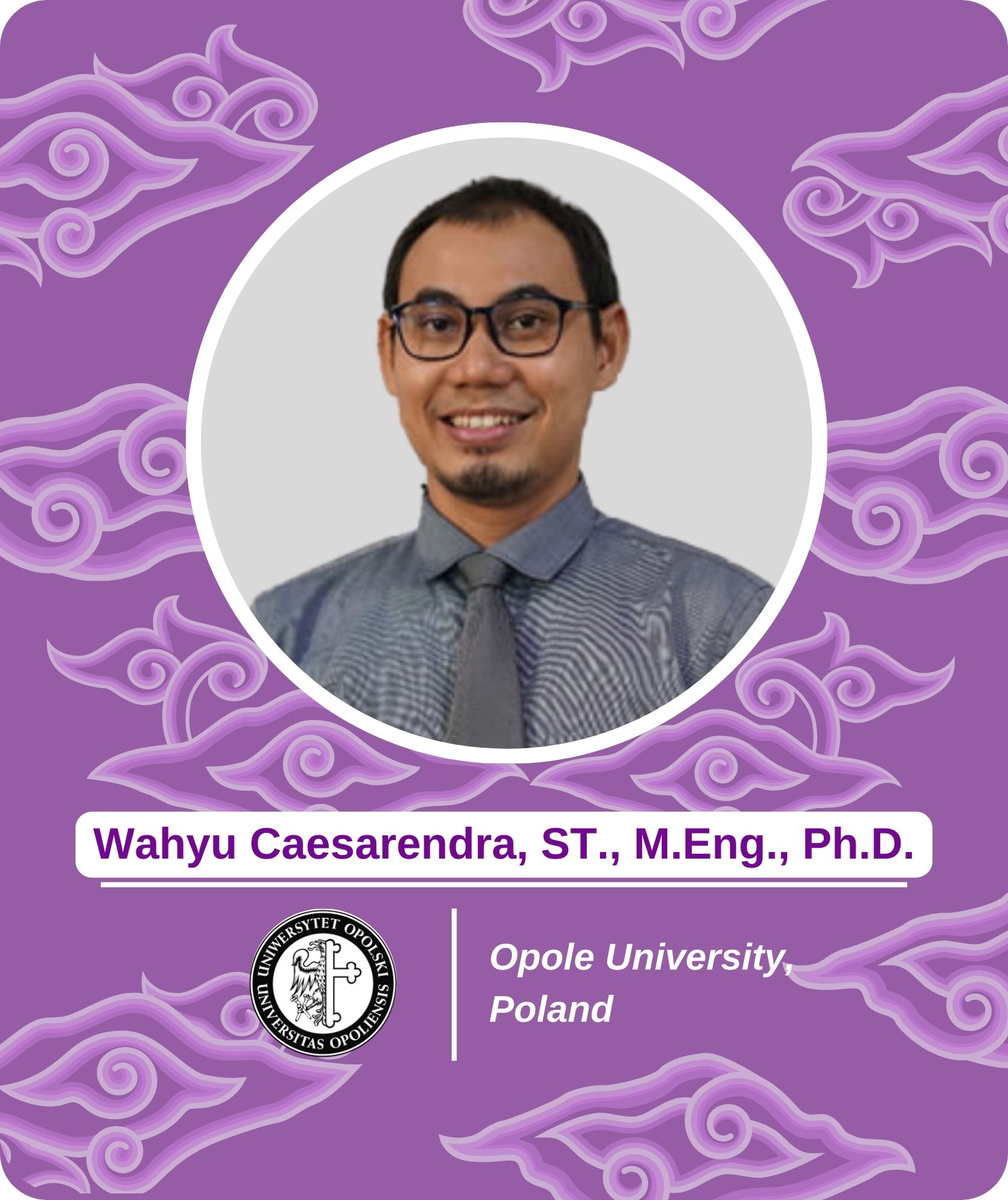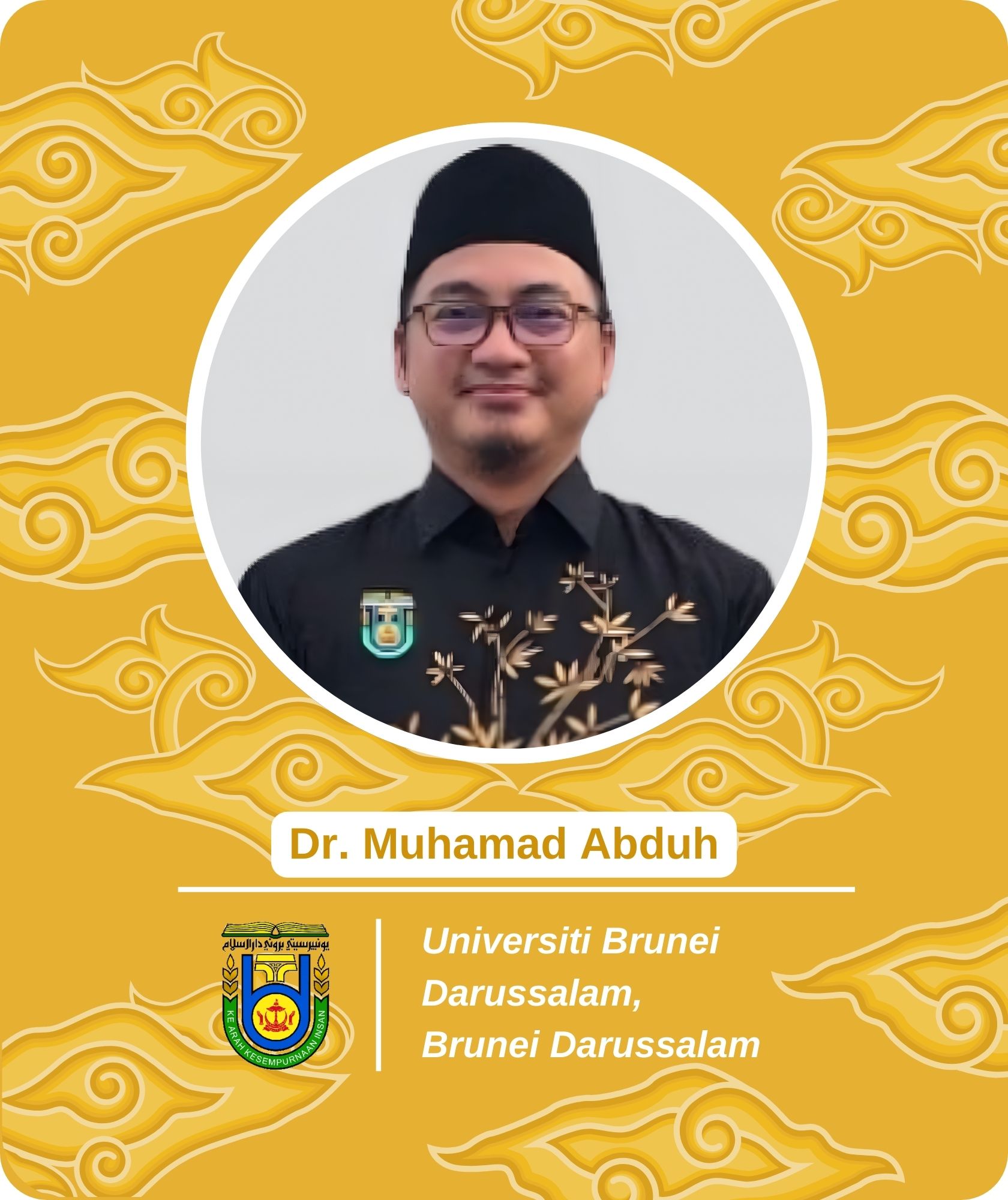Evaluation of sustainability development based on community perspective as a participatory approach in Pasaran Island, Bandar Lampung, Indonesia
Abstract
Pasaran Island, a small island in Bandar Lampung City with a population of 1,500, requires a participatory approach for effective development evaluation. This research aims to evaluate the sustainability of Pasaran Island in Bandar Lampung City through a participatory approach, by involving the community in providing direct input into effective development programs. This method allows the community to provide direct input on the sustainability of their area The local community has extensive knowledge of the island's social, economic, and ecological dynamics. In this study, 100 respondents were surveyed, consisting of 53% native residents and 47% migrants. The analysis utilized the IPA matrix to assess community perspectives, focusing on individuals who had lived on the island for at least five years. Positive gaps indicate where community expectations align with reality, while negative gaps highlight areas needing improvement. The community identified key areas for improvement, including disaster mapping (-0.27), disaster knowledge (-0.23), and tsunami awareness (-0.30). Additional challenges in landscape management were related to waste disposal (-0.17) and organizational structure (-0.07). Furthermore, improvements were needed in natural resource-based livelihoods (0.04), the fishing economy (0.05), and area management (0.05). Significant gaps were also identified in fish farming (-0.04), dock/boat arrangement (-0.09), fish trader zoning (-0.06), and local government fund transparency (-0.09).




















